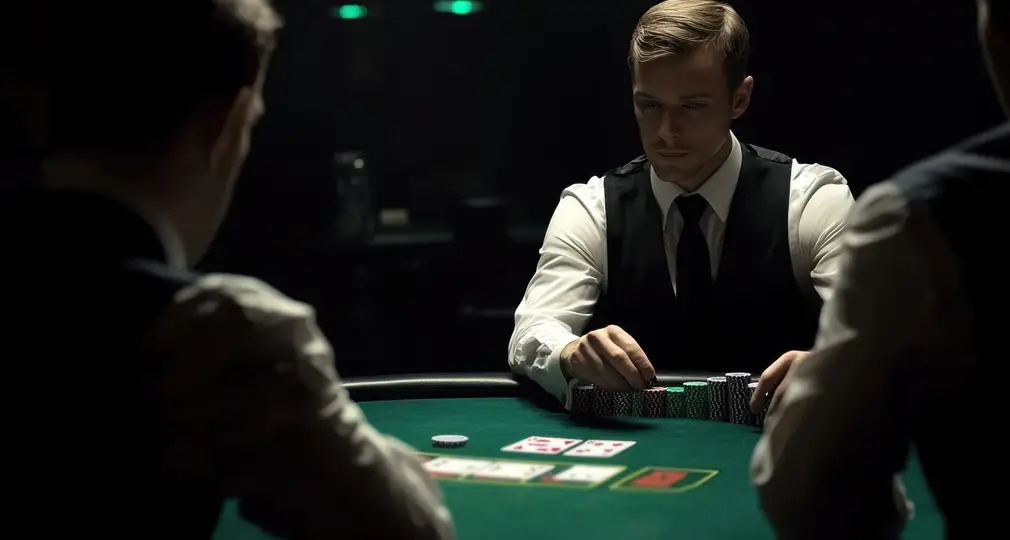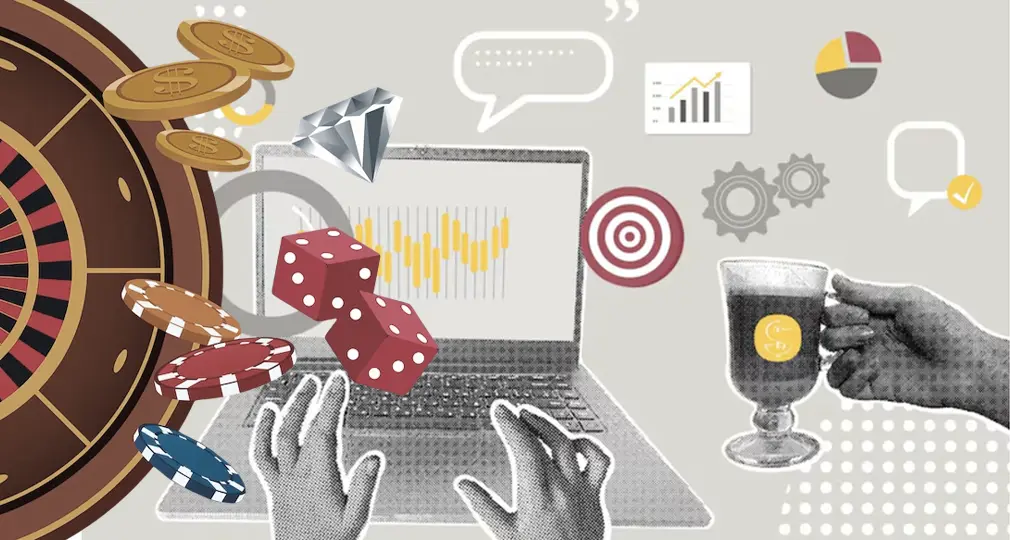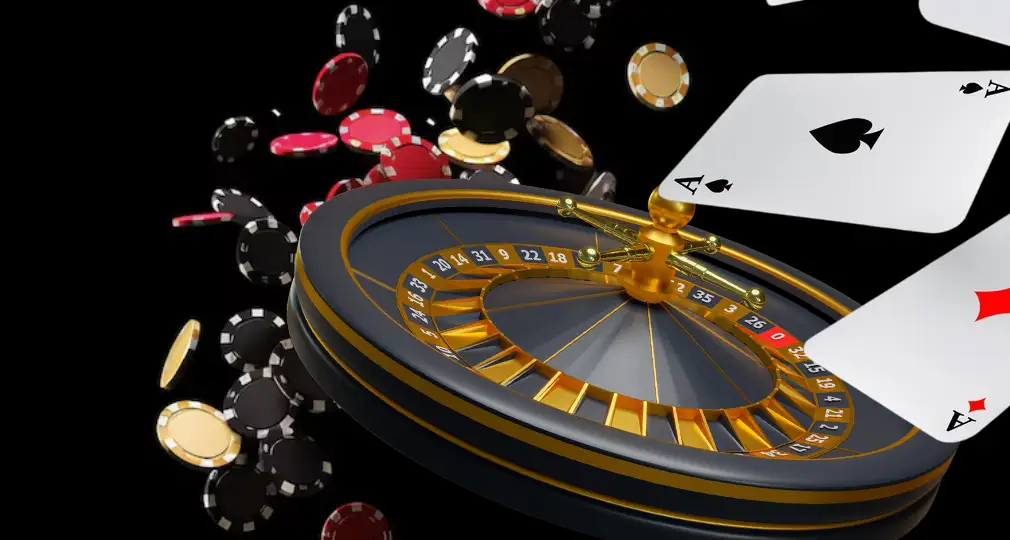Any person, who has ever played blackjack or just watched the game, could not help but notice the rules of the game, payments, and the insurance bet written on the table.
It might seem strange that the casino contributes to the protection of the player’s bet or provides the client with good chances of winning since there is a common opinion that the casino always acts in its own interests, and the players’ interests are usually secondary.
This fact should already become a matter of concern to those who believe that the insurance bet may be useful for the player. If this were so, would the casino offer it in such an obvious way?
What does insurance mean in blackjack?
The word “insurance” is a little misleading for new players. Many people think that the insurance bet has nothing to do with the current blackjack game but they are wrong.
Speaking generally about the blackjack insurance rules, taking insurance implies making a bet that the dealer will have blackjack. In fact, the insurance wager is one of the types of additional bets that are offered to gamblers when the dealer’s upcard is an ace. After that, the dealer usually announces the option to gamblers at the table to take insurance on blackjack.
This wager is played out without regard to the main bet and is paid out 2:1. If the dealer gets a blackjack, the gambler wins two dollars for every one dollar put on the insurance bet. Thus, if a person loses the main hand and wins the insurance wager, he or she manages to win even money. If the dealer does not get blackjack, the player loses the insurance bet, and the game continues.
Generally, in order to take insurance, it is necessary to bet at least half your initial bid on the hand.
How does insurance work in blackjack?
Imagine that you bet forty dollars at the beginning of a hand. Then you are dealt nineteen and the dealer has an ace. Thus, you decide to make a twenty-dollar insurance wager.
Afterward, the dealer looks at the downcard and notices that it is a ten, which means that the dealer wins. Your original wager loses but you are paid forty dollars due to your twenty-dollar insurance bet.
Most professional gamblers recommend to not make this side bet. The fact is that the dealer’s chance to score twenty-one points is one third of cases so in other two thirds, the gambler will simply lose his or her insurance bet.
During the game, players, who are aware of what is blackjack insurance, sometimes take this option, as they are afraid that the dealer’s second card will turn out to be a ten, which will automatically lead to a dealer’s win due to the natural blackjack rules. In fact, this probability is very high.
However, in most gambling establishments, in order to reduce the likelihood of players counting cards, dealers utilize more than one deck of cards – usually six or eight pieces at a time. In this case, the chance that the dealer’s second card will be a ten is 4 to 9.
The insurance bets in the context of a plus/minus count system
The essence of this system is as follows – the cards are divided into three groups and take on certain values:
1 – for small-value cards from two to six;
0 – for mid-value cards from seven to nine;
-1 – for tens, jacks, queens, kings and ace.
According to this method of calculating, in the end, the sum of the values in a deck of fifty-two cards is zero. This principle is identical when playing with a larger deck consisting of six or eight decks. As the cards leave the game, the total value will also change. The main advantage of this count system is that with a positive score, the probability of large cards coming out increases, and with a negative – decreases.
Therefore, let’s imagine that a person knows this card game, is aware of what is insurance in blackjack and relies on the plus/minus count system. Will this fact change the value of insurance in blackjack for this gambler? In general, if the score goes above 3.3, you can already ensure yourself against the dealer’s blackjack. If the score is below 3, the insurance bet will be statistically unreasonable.
When is it possible to make the insurance bet?
There is just one situation when a player should think about taking such an option. If you also have a blackjack and want to protect yourself in order to make a profit assuredly. Blackjack is paid out 3:2 and rarely occurs. If you have been out of luck and received blackjack simultaneously with the dealer, then it is called a draw. The draw means that you will not get money for your blackjack. If in this situation, you take the insurance in blackjack, you will also face a draw but you will be paid out 2:1 due to your insurance wager. If the dealer does not have a blackjack, you will lose the insurance bet but you will be paid out 3:2 for the blackjack.
Some gamblers’ strategy consists in constantly taking insurance when they have a blackjack. The fact is that this is still a bad option to make a bet. In the long run, it is better to keep from taking this dealer’s offer.
Conclusion
Blackjack is one of the least favorite games for gambling establishments because the advantage of the casino over customers is less than one percent, especially if this regards a game with only one deck of playing cards. The introduction of the insurance bet became one of the ways to increase the casino’s chances of winning. Therefore, it is better not to take insurance. You need to take risks in card games so the blackjack insurance is one of the casino’s ways to deprive you of the maximum gain.
Read more: Top Online Casino in Australia












